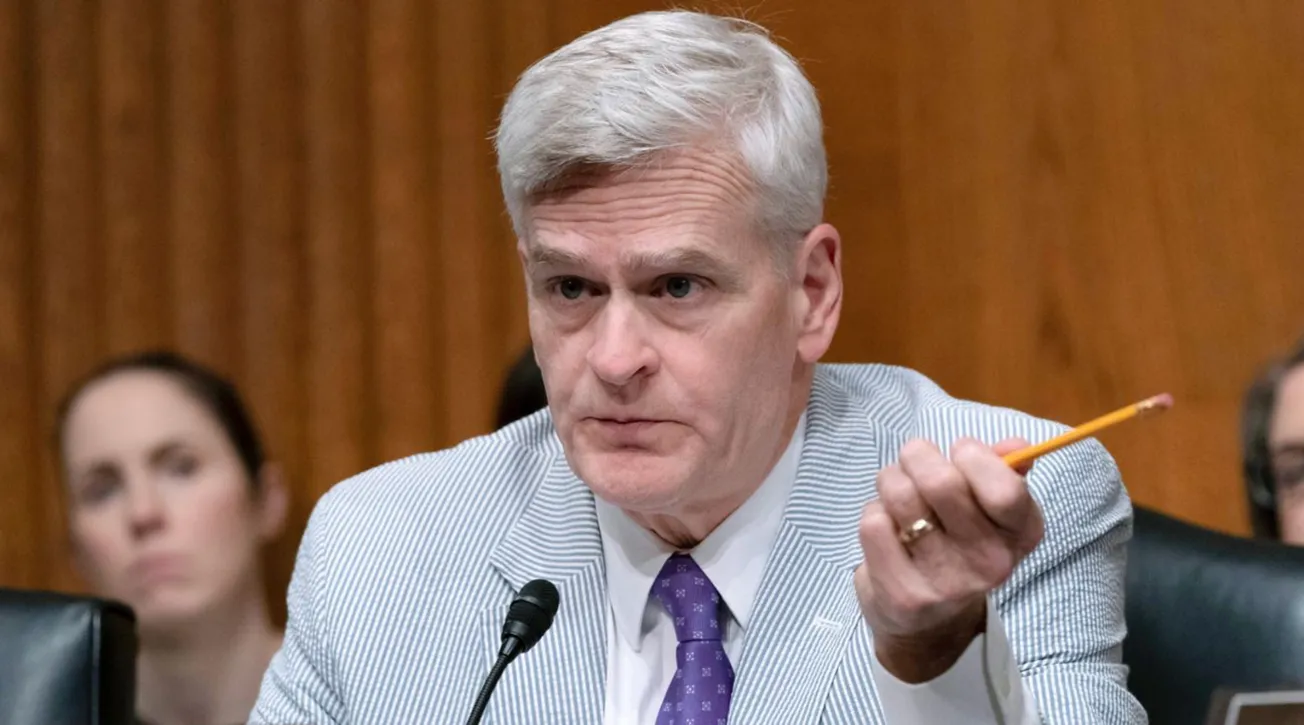Table of Contents
This past summer, reporting by The Stanford Review, as well as a follow-up piece in the Wall Street Journal by graduate student Jon Hartley, revealed that the Stanford Graduate Workers Union (SGWU) sought to terminate the employment of students who objected to paying union dues. Graduate students were threatened with termination from the university after refusing to pay mandatory dues or “agency fees” to the union.
As a result, Louisiana Senator Bill Cassidy, chair of the Senate Health, Education, Labor, and Pensions Committee, authored a letter to Stanford President Jonathan Levin and the President of the SGWU, Orisa Coombs. In his letter, Senator Cassidy sought answers from both parties regarding the mandatory payments and union operations.
In his communication, Senator Cassidy noted that a staggering two-thirds of all union dues are sent to the national organization of the United Electrical, Radio and Machine Workers of America. The union then uses these funds to advocate for liberal causes such as taxpayer-funded gender transition surgeries, in effect, forcing students to support political speech they find objectionable under the threat of expulsion.
Senator Cassidy stated such policies would create a “chilling effect on speech” at the university, and “discourage students with certain religious views from applying to or attending Stanford.” His letter was triggered after The Review first reported that a graduate student, who opposed the practices of the union, was informed that he would be terminated from his position as a teaching assistant, leaving him unable to pursue his PhD.
Senator Cassidy requested a response from President Levin and Coombs by October 9th. In his letter, he inquired as to why membership in a third-party union became a de facto requirement for continued enrollment, and also questioned whether the union’s actions created a culture of “fear or toxicity,” as well as the methods by which it escalates and organizes communications to graduate students to gather dues.
As Cassidy revealed in his letter, students have little recourse to avoid funding the union under the collective bargaining agreement, either via dues or indirect “agency fees” for non-members (which cost the same as dues). In fact, the only way to avoid making payments was via religious exemption, as permitted under Title VII of the Civil Rights Act.
The robustness of this Title VII process was probed further in Cassidy’s letter. Not only did he question why arbitration of religious exemption requests was handled completely internally within the union, but he also inquired as to why the union made no effort to inform students of this possibility, representing payments to the union as compulsory for all on its own website.
In short, most students who oppose the union’s political activities will still be forced to fund it, and the few exemptions granted will be entirely up to the discretion of the SGWU, which appears to actively discourage Title VII exemptions.
Cassidy’s letter comes at an inflection point for labor unions’ control over graduate studies at elite college campuses. Unions often seek to enforce ideological conformity, consolidate power, and collect mandatory tribute via union dues. Harvard has already determined that PhD candidates’ primary role is as students, instead of university employees. Research stipends are not compensation for employment; attempted equivocations between blue-collar workers and Ivy League PhDs on this premise are completely nonsensical.
Stanford should have never agreed to make its graduate school a union shop from the start. Though the university has sought to embrace institutional neutrality and backtrack its history of suppressing heterodox thought, the SGWU remains a powerful vestige of left-wing authoritarianism, enabled by Stanford’s administration.
Now that Senator Cassidy has put Stanford into the national spotlight, the university must curtail the union's ability to harass dissident students; standing against the SGWU is not a crime worthy of termination, and Stanford ought to protect its graduate students from that illiberal threat.





